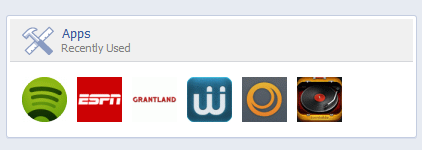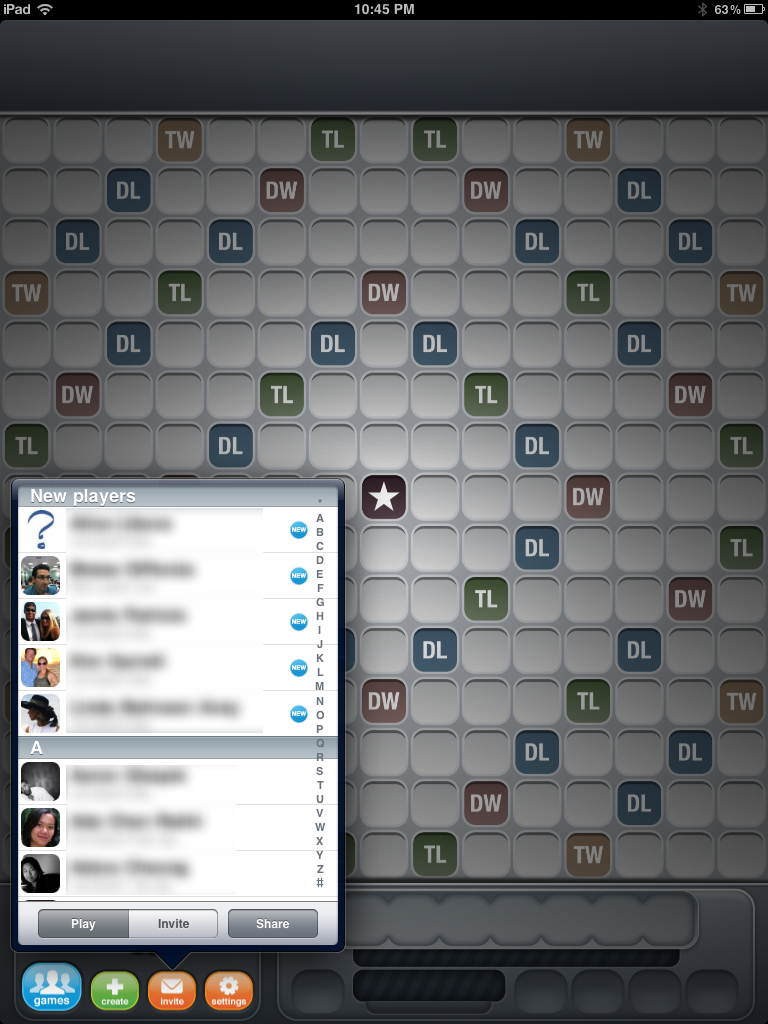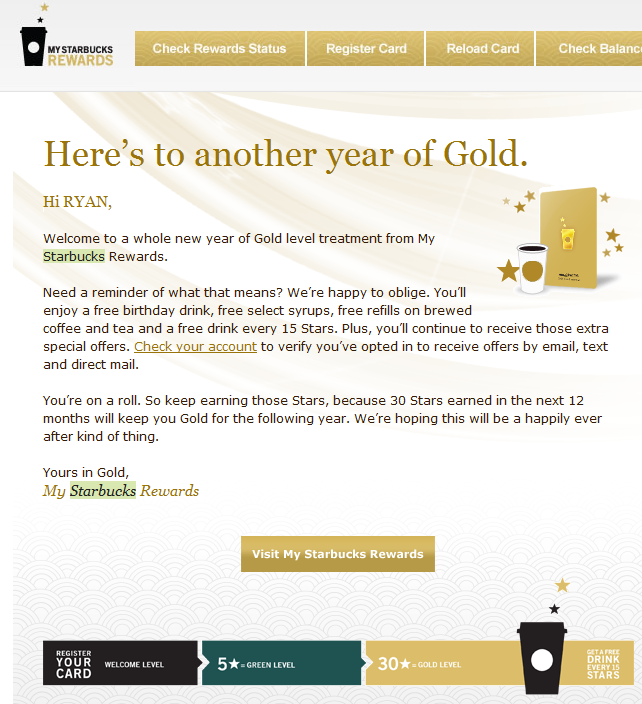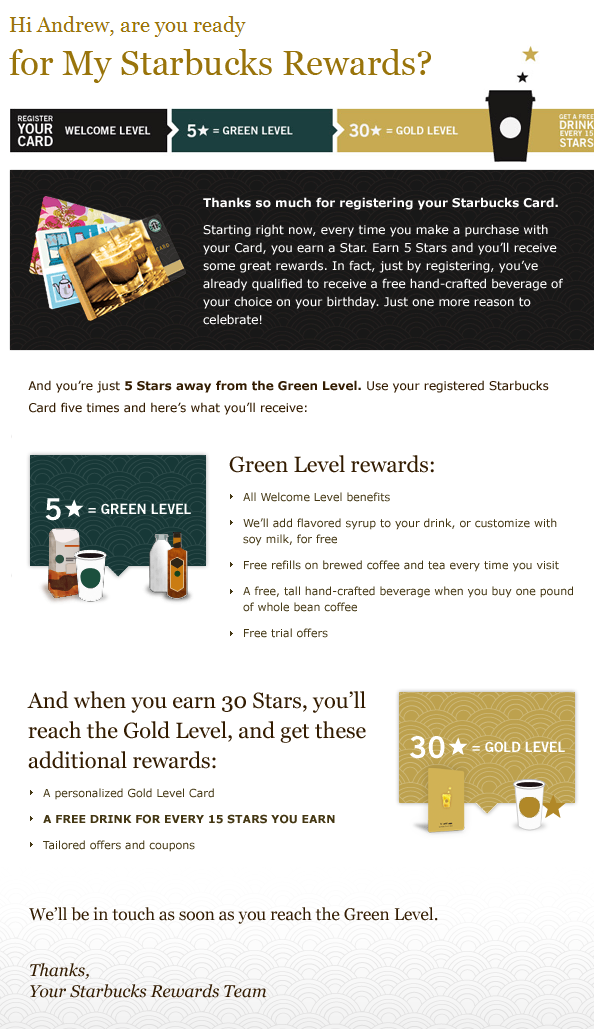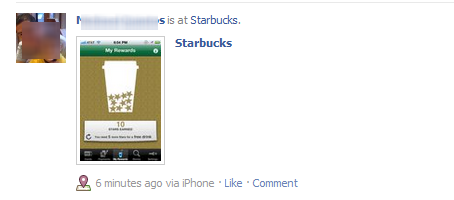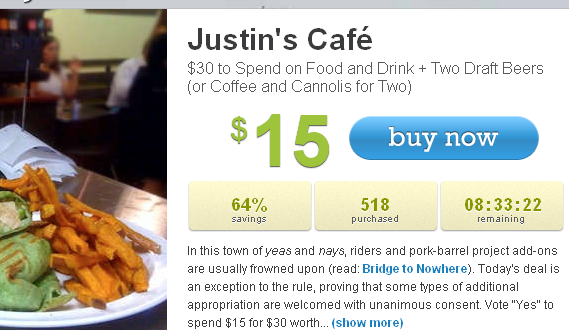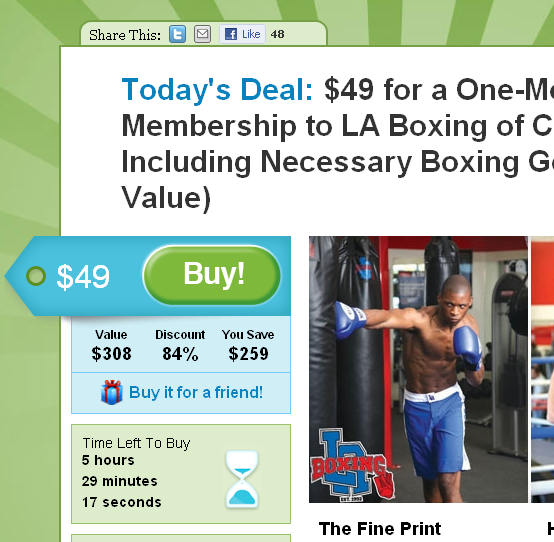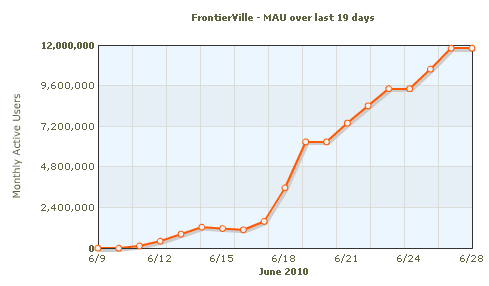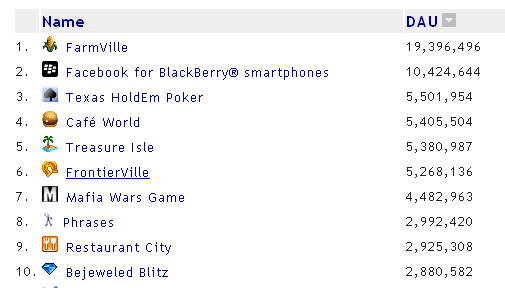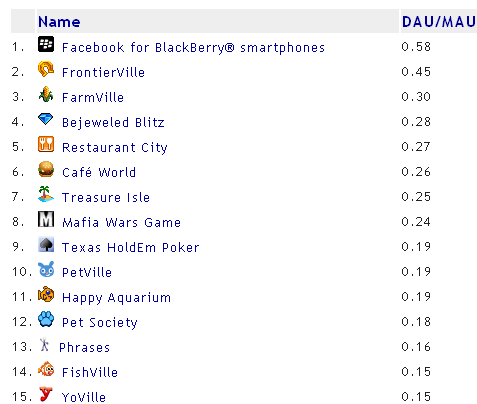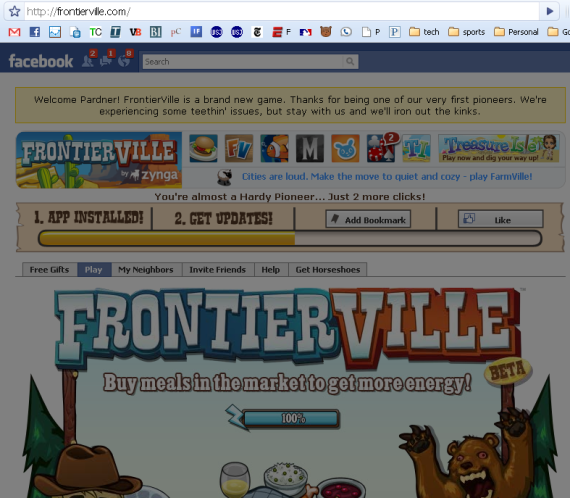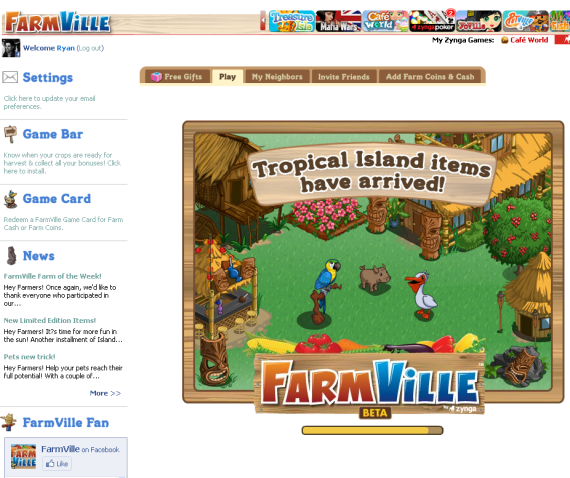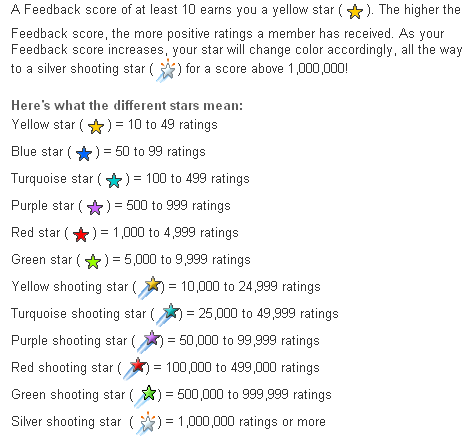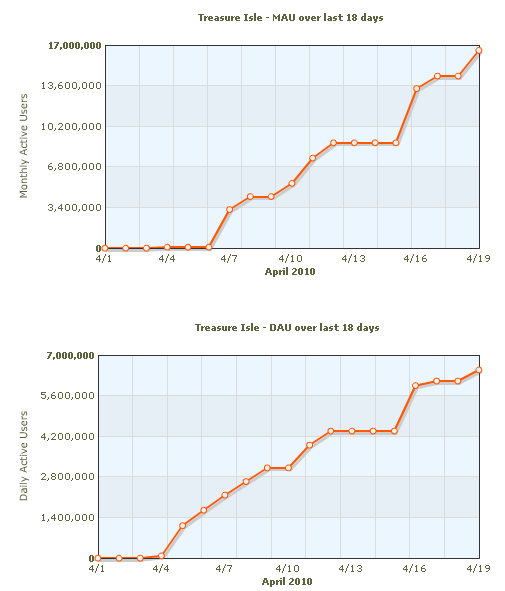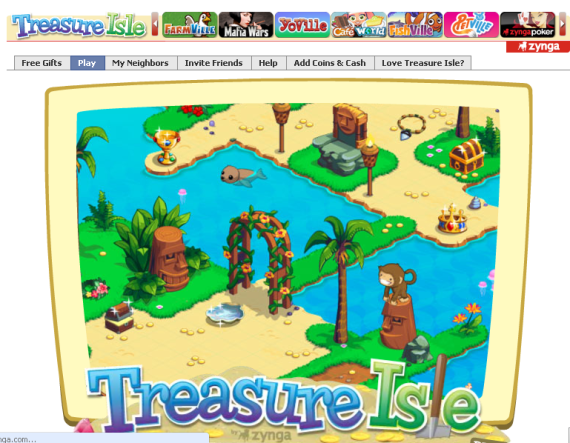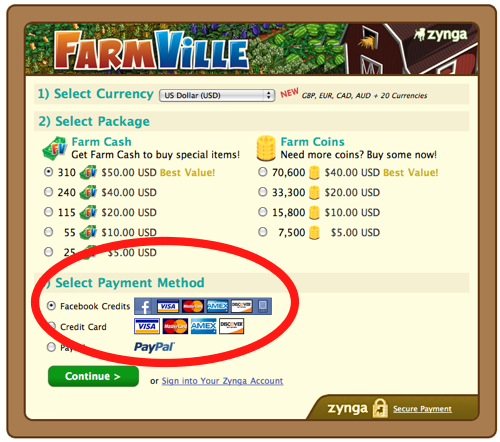Last week I wrote about Facebook's newsfeed clustering of posts published by the same applications. While it is interesting as a signal of the newsfeed's evolution - it is represents the larger theme of Facebook relationship, promotion, and integration of applications (and the larger application ecosystem). Obviously Facebook has always been supportive of the ecosystem - from Zynga & LOLapps (gaming) to Spotify & Pinterest (content) to Wantful & ShoeDazzle (off-Facebook commerce), etc. In fact, yesterday's news was that "visitors from Facebook accounted for 1.1 billion visits to iOS and HTML5 apps, meaning an average of more than 6 visits per user."
The emergence of Facebook's Timeline, Open Graph and the proliferation of applications atop the platform (mobile, newsfeed, ticker, etc) - Facebook relationship with applications is evolving:
- How do they cluster by type and by shared users? (example here)
- How do they cluster by recency (example below with "Recent Used Apps")
- How do they cluster by popularity (example of trending here)
- How do they prevent the Ticker and newsfeed from being overwhelmed by content? (more here)
- What role does Timeline and off-Facebook play here?
- And ultimately, what does this mean for Facebook's off-Facebook.com strategy: promotion, monetization, mobile, etc?
